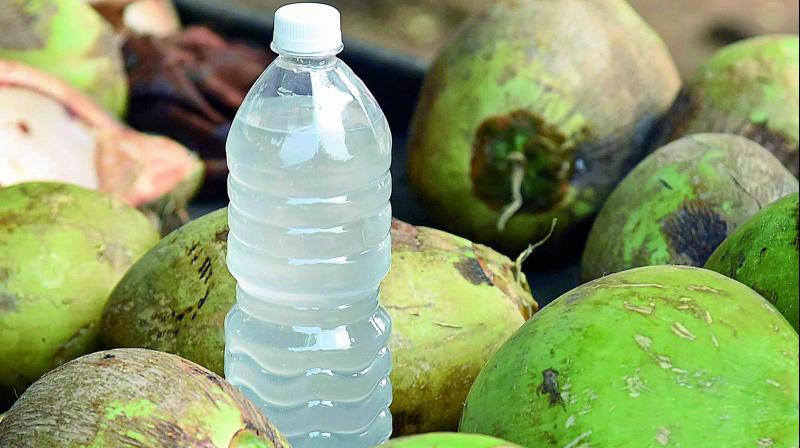69-Year-Old Man Dies After Drinking Spoiled Coconut Water

69-Year-Old Man Dies After Drinking Spoiled Coconut Water
A Danish man dies after drinking unrefrigerated coconut water, leading to severe brain damage. Health experts warn about the dangers of improper food storage and coconut contamination.
A 69-year-old man in Denmark tragically lost his life after consuming spoiled coconut water that had been left unrefrigerated for an entire month. According to a 2021 case report published in Emerging Infectious Diseases, the coconut water had a rotten, sour taste, and within hours of ingestion, the man exhibited alarming symptoms including nausea, vomiting, confusion, loss of balance, and pale skin.
Doctors diagnosed him with metabolic encephalopathy—a condition where the brain stops functioning properly due to a metabolic imbalance. Despite intensive care, MRI scans revealed severe brain swelling, and the man was declared brain dead just 26 hours after hospital admission.
The report notes the coconut was pre-shaved for easy access and stored at room temperature instead of the recommended 4°C–5°C refrigeration. The patient had only consumed a small amount through a straw before noticing its foul taste. He later described the coconut’s interior as slimy and visibly rotten.
Health experts are now emphasizing the critical importance of proper food storage, especially for perishable items like opened coconut. While whole, unopened coconuts can last for several months at room temperature, opened or pre-shaved coconuts should be kept in airtight containers and refrigerated, where they remain fresh for 3 to 5 days. For longer preservation, freezing is advised.
Food Safety for Vulnerable Groups
This tragic case underscores the need for food safety awareness, particularly among vulnerable populations such as infants, the elderly, and immunocompromised individuals. These groups are at higher risk of severe illness from foodborne bacteria.
Experts recommend following key food safety practices, including maintaining safe cooking temperatures, proper refrigeration, and avoiding cross-contamination, to prevent dangerous infections.
By adhering to these guidelines, individuals can significantly reduce the risk of foodborne illnesses and safeguard both personal and public health.












